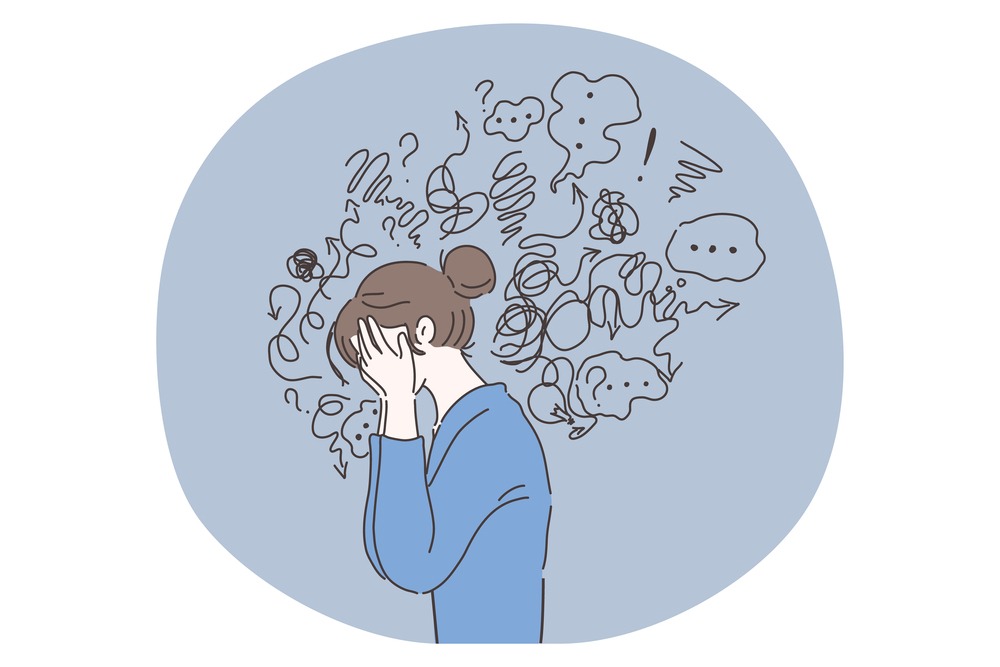Almost every year, from mid-July to late August something stirs in me. My mind goes back to the day of the terrorist bombing, August 3, 1977. It’s more than just casual thinking and memories…it can disrupt my ability to function as I become hyper vigilant and anxiety ridden. I have difficulty concentrating, prefer to be alone and don’t want to do much. This is known as an Anniversary Reaction, which is a resurfacing of trauma-related symptoms around the date when a traumatic event occurred. For those with PTSD, this can manifest as anxiety, insomnia, flashbacks or emotional withdrawal. The body remembers—even when the mind tries to forget—and the season, date, or even sensory cues can trigger old wounds.
That day, I survived a terrorist bombing—a moment that reshaped every aspect of my life. Mid-July to late August became an emotionally fraught season, one I didn’t mark with a calendar but was reminded with physical and emotional sensations. For many years, I experienced heightened anxiety and flashbacks that blurred past and present– sleepless nights, dulled appetite and difficulty focusing and engaging with others. Social interaction felt unbearable, and I avoided going out. Even the most familiar places seemed unsafe, and I was always looking over my shoulder for triggers.
In 2015, I began EMDR (Eye Movement Desensitization and Reprocessing) therapy. This was a turning point in both the frequency and severity of my PTSD symptoms around the anniversary date. Slowly, the grip of those anniversary reactions began to loosen. There were a few years when the August skies no longer brought dread. I could sit with myself, with nature, and with others without the shadows intruding.
But healing isn’t linear.
In August of 2024, while writing my memoir, I noticed that I couldn’t concentrate and was experiencing generalized anxiety. I just couldn’t settle into doing anything that required sustained attention. When I tried to write, I felt a lump in my throat, and it was hard to breathe. I tried to work through it, and my feelings intensified. It was then that I realized the date, and that I was writing about the very thing that was the root of my PTSD. I was in the midst of an anniversary reaction. In the past, I would have made myself feel guilty with self judgement, feeling that I should have been able to overcome the reactions. However, I have learned that my body is re-living the emotional landscape the trauma left behind. Instead of judging myself, I gave myself time and grace to process my reactions, I paused the writing process for a couple of weeks and reconnected with relaxation techniques that soothe and ground me. I let go of unnecessary tasks that created time pressure and required extended concentration. I engaged in activities that brought me joy, such as going for walks and sitting by the lake. I am proud of myself for managing my reactions effectively without guilt. That was huge progress for me.
I now accept and appreciate how trauma has reshaped me. Trauma doesn’t just leave scars. It leaves strength. I’ve changed in ways that continue to surprise me. Each year, I feel more grounded in the strength I’ve earned. I’m grateful to know how to tap into it, not just during this season, but as a resource I carry all year.
And while survivor guilt once weighed heavily, I notice how it softens over time. I don’t think I can erase it, but I can attempt to understand it and create room for healing.
The past doesn’t vanish, but neither does the growth that came after it.
If you find yourself affected by an emotional anniversary, whether it’s marked by specific memories or simply an undefined unease, you’re not alone. These moments are not signs of weakness but reminders of our strength as human beings. They call us back to the places we’ve survived, to the ways we’ve grown, and to the truths we still carry.
Give yourself permission to slow down. Let the season be not just one of pain, but of presence. Seek out the rituals and rhythms that ground you—whether it’s solitude in nature, creative reflection, or quiet conversations with those who understand.
Healing isn’t about forgetting the past. It’s about allowing your strength to meet it with compassion.
By sharing this story, I hope to normalize the ebb and flow of trauma recovery and encourage others to honor their own anniversaries and the reactions that come with them, not as burdens but as brave chapters in a larger story.

